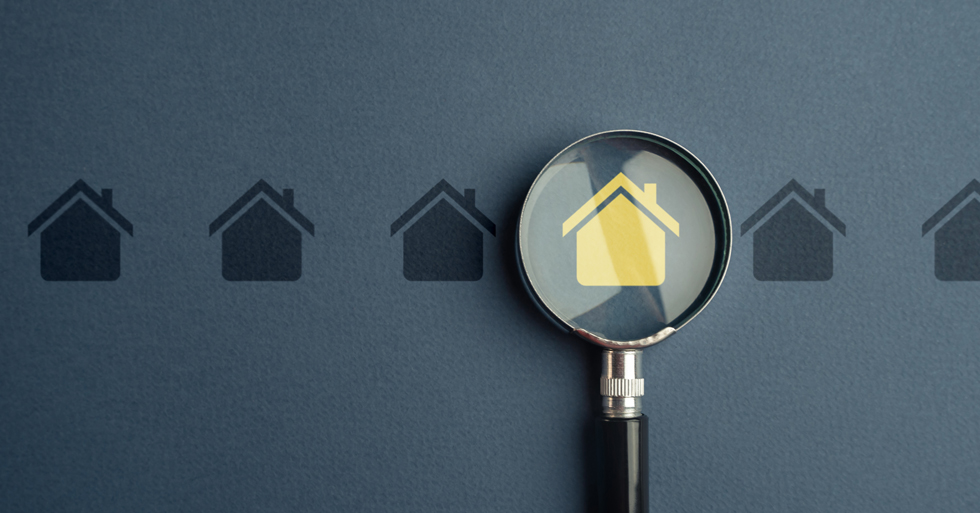Navigating the path to homeownership can feel daunting, especially when faced with budgeting for the journey. However, arming yourself with knowledge about potential upfront expenses allows you to take charge and smoothly transition from prospective buyer to homeowner. Here’s an in-depth look at some vital costs you must consider when preparing for this significant life investment.
1. Down Payment: Debunking the 20% Myth
For many, the down payment is the focal point of homebuying preparations. Traditional wisdom says you should save up 20% of your home’s purchase price. However, this is a misconception that can discourage potential buyers. Depending on the loan type and your financial objectives, the required down payment can vary significantly.
Home loans such as FHA loans might require as little as a 3.5% down payment, and VA loans could offer an option for 0% down, making homeownership more accessible. Collaborating with a reliable lender is crucial to navigate these possibilities. They will provide insights into different loan types and guide you through down payment assistance programs that might be available to you. Understanding your options early on makes the homebuying journey less intimidating and more in line with your financial capacity.
2. Closing Costs: Anticipating Additional Fees
Another essential aspect of budgeting for a home purchase is accounting for closing costs. These are fees due at the final stage of the transaction when the ownership of the property transfers from seller to buyer. According to experts, closing costs usually range from 2% to 5% of the loan amount. They include a variety of fees for services like appraisals, title insurance, and loan origination and underwriting.
A trusted lender can play a significant role here as well, demystifying these fees and helping you budget appropriately. Beyond closing costs, remember to consider the real estate agent’s fee, especially if the seller does not cover it as part of the negotiation. Establishing clarity with your agent about their service fee beforehand ensures that there are no unforeseen surprises on closing day.
3. Earnest Money Deposit: Demonstrating Your Commitment
An earnest money deposit (EMD) is another financial aspect worth contemplating. Generally, it ranges from 1% to 2% of the home price and serves as a token of your serious intent to purchase. Think of it not as an extra expense, but rather as an advance that credits towards your down payment and closing costs once the transaction is finalized.
While not mandatory, an EMD can strengthen your offer by assuring the seller of your commitment. It’s essential, however, to have a real estate advisor by your side. They will help you understand the norms and strategize effectively, ensuring your decisions align with the best practices and requirements in your locality.
Bottom Line: Planning and Partnership Are Key
The cornerstone of an effective homebuying budget is being well-informed about the costs you’ll encounter. When you have clarity on what expenses lie ahead, you can plan systematically and align your savings goals accordingly. Partnering with an expert real estate agent and a trusted lender is pivotal. Their professional guidance equips you with the comprehensive information needed to navigate the homebuying process confidently.
Equip yourself with knowledge, align with the right professionals, and approach homeownership not as an intimidating venture but as an attainable milestone. With the right planning and partnership, you’ll find yourself at the doorstep of your dream home with assurance and ease.
